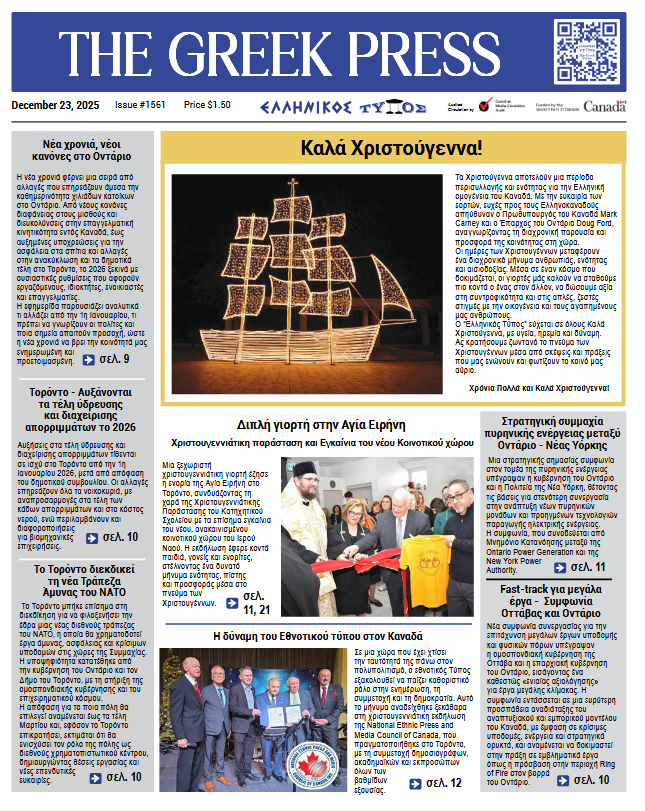 CLICK TO VIEW THE WHOLE PUBLICATION ONLINE
CLICK TO VIEW THE WHOLE PUBLICATION ONLINEREVIEW OF HOLY WHAT THEATRE PRODUCTION

Lulu Raczka is a young Englishplaywright who has tackled a part of the great myth of the Royal House ofThebes dealing with the rebellious Antigone. Her play Antigone is“after Sophocles” but Raczka puts her own stamp on the work.
Raczka’s Antigone hasonly two characters, the sisters Antigone and Ismene as teenagers at an undeterminedtime. In the small New Diorama Theatre, the play begins with slow, pounding,bass music. There is a mound in front of us full of dirt. We see two figuresrise out of the dirt and shake if off. They are Antigone (Annabel Baldwin) andIsmene (Rachel Hosker).
The somber scene is quicklydispelled as the two teenagers start dancing wildly and erotically. The openingdialogue is about having fun, sex (“can you take it hard?), and drinking. Theinnocent Ismene wants to know “what it’s it like.”
Through the girlish chatter andenthusiasms, the story of Creon, King Oedipus and Jocasta begins to emerge. Thegirls’ brothers Eteocles and Polyneices who were supposed to rule Thebes in rotationafter Oedipus have gone to war because one of them refused to pass the throneto the other when his turn was up. The dethroned brother raised an army andattacked Thebes. Both brothers were killed, and their uncle Creon has takenover.
The war is over now and peopleare relieved and want to celebrate. But there is some unfinished business.Creon has forbidden anyone from giving the “bad” brother Polyneices who raisedan army and attacked Thebes burial or any last rites. The “good” brotherEteocles who fought with Creon is a hero who deserves a military funeral fullof honors.
Antigone decides to bury Polyneicesdespite the clear threat by Creon to kill anyone who does it. The main conflictof the Antigone story is joined as the two sisters argue about the burial. Antigone,as we all know, buries Polyneices simply because everyone deserves a decent burial.We may translate that as a fundamental human right that Ismene simply does not espouseor know anything about.
The sisters go through various permutationsof the arguments for and against the “illegal” burial of their brother.
Much of the dialogue consists ofshort, clipped sentences many having one or two words. It follows the level of teenagers where theword “like” appears where it has no business to be except in Teengliah.
The story cannot be told withoutinvolving other people. The men in the bar and the involvement of Haemon are dealtby Ismene and Antigone speaking what they would have said.
The play ends with a long andsomber speech by Ismene. She tells us the usual highs and lows of human existencefrom having sex, to picking up men, to marriage, children and friendships. But shecannot get past the fate of Antigone and her own role in it. She imagines the end of her life and hergreatest fear is facing Antigone.
The story of Antigone’s sacrifice and her disobedience ofa human law in obedience to something higher as told by Sophocles is reduced tothe language and emotional and intellectual range of two teenagers. Antigonedoes what she feels is right with perhaps little understanding of why she isdoing it.
The most rewarding part of theevening is the superb performances by Baldwin and Hosker. They are on stage foralmost an hour and a half in a small circle full of dirt. They have masteredthe parts and deliver their lines clearly and sharply. Antigone is the dominantcharacter and Baldwin asserts that dominance well. Hosker as Ismene is the lessimposing character who tries to find a solution (and lose her virginity) sothat her sister can survive.
It is an interesting take on theAntigone myth.
________
Antigoneby Lulu Raczka, directed by Adi Pidsley in a production by HolyWhat Theatre continues until February 1, 2020 at the New Diorama Theatre,London, England. www.newdiorama.com/whats-on/antigone.
































